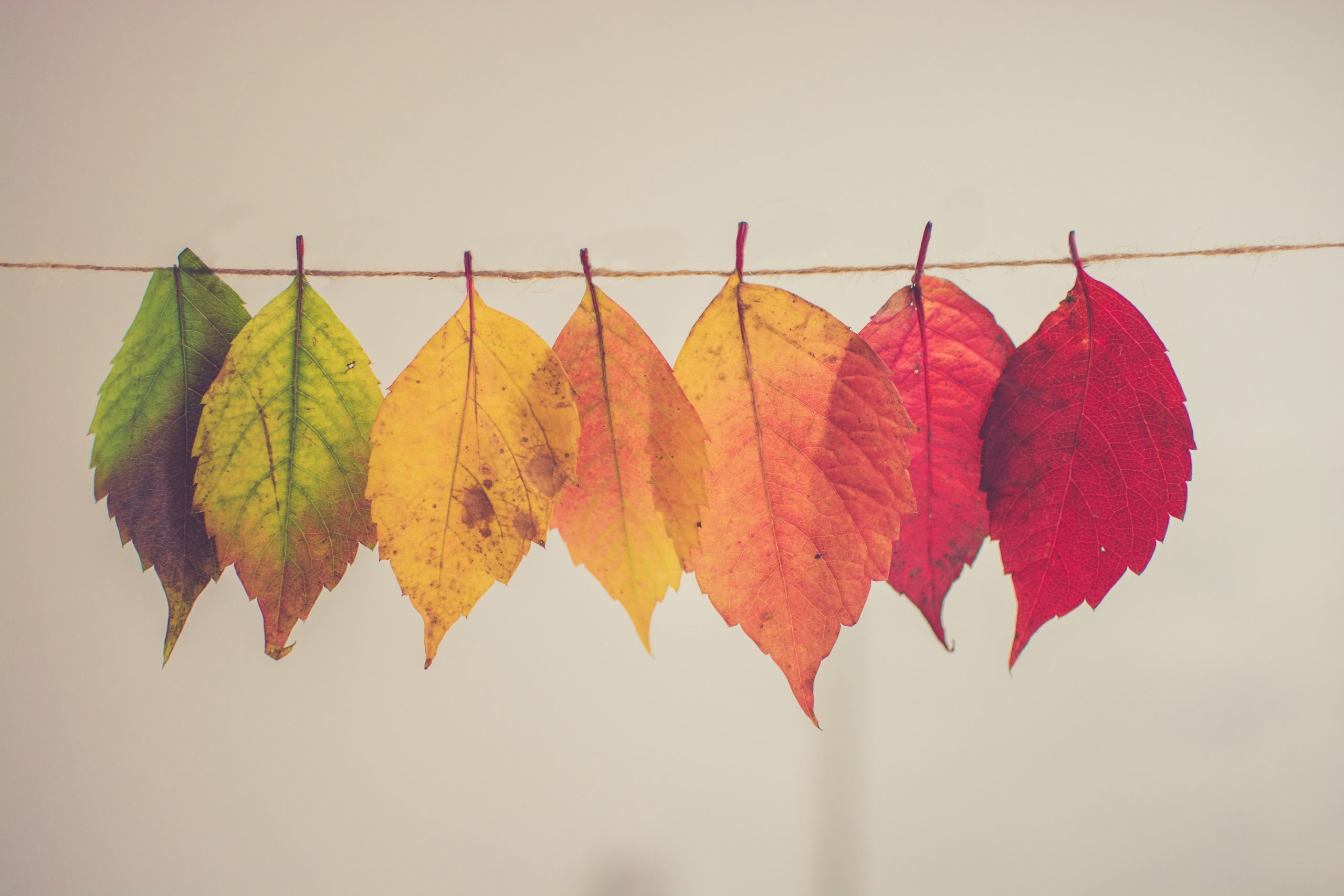Being in the hospital is not how anyone wants to spend their time. You find yourself sleeping in a less than optimal bed, overstimulated by strange new alarms and bright lights, and eating food that isn’t quite like home. And you probably don’t feel well on top of everything. All of these things put you at risk for falling. Only leaves should fall, not patients.
Everyone is at Risk for Falling
As a patient, everyone is (not just you- I promise) at a higher risk for falling. First of all, being in an unfamiliar environment, attached to cords and pumps is a hazard all on its’ own. To further complicate things, muscle relaxants, sleep aids, pain medications, or lingering anesthetics may make you more drowsy than normal. Additionally, a recent procedure may make moving around or getting up just a tad more tricky. As a result, your nurse may place you on fall precautions. While this may be frustrating, there is good reason for them to do so.
Thousands of falls Occur Every Year
Unfortunately, hundreds of thousands of falls occur in US hospitals every year, and according to the Joint Commission (2015), these falls are associated with injury up to 50% of the time. Injuries can range from something as simple as a skin tear, to something as deadly as a bleed in the head. Therefore, hospital staff prioritize preventing falls.
Certain precuations are important to implement (Aydin et al., 2015). Most often, these precuations include: the use of an alarm on the bed or chair, the need to call for help anytime you want to get up, wearing non-skid socks (that may be color coded), and signage outside of your door or on your wristband to alert others that you may be at risk for falling. These interventions may make you feel marked and limited, but they are special indicators that alert hospital staff to be a little more concerned about you. These precuations serve as your ticket to getting home as quickly and safely as possible.
Nurses Understand
Nurses are aware that it is not always easy to ask for help, especially for those who are fiercely independent. However, our greatest disappointments are times in which a client suffers from an injury that is completely preventable (such as a fall). If this happens, the guilt that a nurse may feel can be overwhelming even if everything had been done to prevent it. And trust me when I say that these events are unforgettable.
If you or a loved one are placed on fall precautions while in the hospital, please know that your nurse is not trying to make you feel incompetent. They are not just being mean and limiting your independence. And certainly, they don’t want you to be any more frustrated or anxious than you already are. However, their decision to use these precautions are based on clinical experience and formal predictive tools. They are simply looking out for your well-being.
So when you hear that distinct chirp of setting the alarm, smile, and be thankful for the expert nurse who caring for you.
Aydin, C., Donaldson, N., Aronow, H, Fridman, M. & Brown, D. (2015). Improving hospital patient falls: Leveraging staffing characteristics and processes of care. JONA: The Journal of Nursing Administration 45(5),254-62.
The Joint Commission. (2015). Sentinel Event Alert 55: Preventing falls and fall-related injuries in health care facilities. Retrieved from http://www.jointcommission.org/ sea

